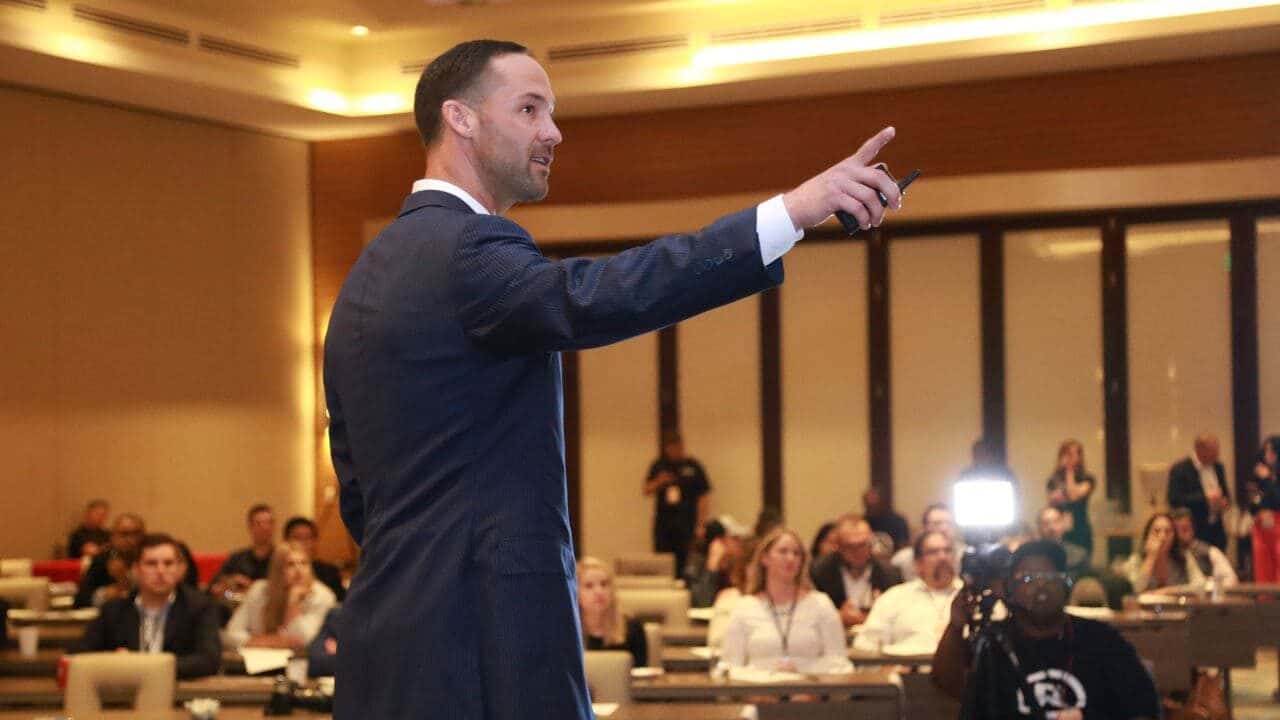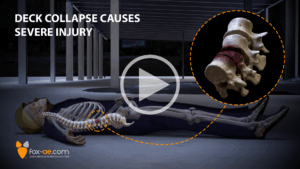In determining a case before the court, the principles of natural justice are always followed. Rengaraj (2013) in his article, Principles of Natural Justice- ‘Audi Alteram Partem’ &’Nemo Judex in Causa Sua’, sheds more light on two principles of natural justice which are represented by Latin maxims. They are “Nemo judex in causa sua” and “Audi alteram partem” meaning “no man shall be a judge in his case” and “hear the other party” respectively. To observe these principles, both parties must be properly heard before an unbiased court of law. This is why each party in a case is allowed to bring their case before the court, call witnesses, expert witness and adduce evidence beyond a reasonable doubt.
What is an Expert Witness?
Witnesses are important, however, the testimony of an expert witness will give more credence to the case at hand. Expert witnesses give testimonies using documents, test results, and animated trial videos. Talve (2021) in his article, What is an Expert Witness? defined an expert witness as “a person with specialized skill sets whose opinion may help a jury make sense of the factual evidence of a case.”
According to him, for an expert’s testimony to be relied upon in a court of law, he/she must possess the necessary qualifications of an expert in that field, must be able to provide reliable information, must be able to help the court conclusively understand the facts of the case, and his/her opinion should not be given in a vacuum. Their opinion must be tailored to the system through which conclusions are arrived at in their area of expertise.
The Role of the Expert Witness
When discussing the importance of expert witnesses in deciding court cases, there sometimes arises the controversy that they only play to the tunes of their clients and are therefore not reliable. Grobler (2008) in his article, The Role of the Expert Witness, stated that “the ideal situation would be for an independent expert witness to jointly advise all parties on specialized medical matters to assist the court in arriving at a just decision.
However, expert witnesses are usually contracted by one of the parties and often caught between opposing factions.” Irrespective of this point of view, the role of expert witnesses in criminal cases cannot be overemphasized. With the help of expert witnesses, there has been massive development in the process of administering in courts.
Why Are Expert Witnesses Important?
Ryskamp (2020) in her article, Why Are Expert Witnesses Important? expounds upon the roles of expert witnesses in a case. She stated that “expert witnesses bring a sense of objectivity and consideration to court proceedings that can play well with the juries. When presented along a string of eyewitnesses, an expert can provide background information, explain scientific principles, and build contextual understanding for lay jurors.” Generally, they explain the case at hand in a manner that is clear to laymen.
Furthermore, it must be noted that expert witnesses are needed only when a layman would not easily understand the essential aspect of the case. This is when their wealth of knowledge will be necessary for a court proceeding. Expert witnesses are needed in most criminal cases as well as in some civil law cases. Kovera (2001) in her book, Expert Testimony, asserted that “expert testimony is presented in legal proceedings when a judge or jury needs assistance evaluating a material fact in a court proceeding.”
The Roles and Responsibilities of the Expert Witness
More so, an expert witness has a specific duty to the court whether his witness will be provided verbally, using tests results, documents, or even animations. Hadley-Piggin (2016) in his article, Expert Evidence: The Roles and Responsibilities of the Expert Witness, remarked that “ the primary duty of an expert witness is to the court…. Expert evidence should be independent, objective, and unbiased. In particular, an expert witness must not be biased towards the party responsible for paying his fees.” He further explains that while the expert witness is assuming his duties to the court, “he also assumes a responsibility to his client to carry out his investigation with due care and to provide opinion evidence that is soundly based.”
Expert witnesses can either give the everyday bland method of adducing evidence or make use of the sure and more interactive method which is animations. Walker (2018) in her article, Using Computer-Generated Animation and Simulation Evidence at Trials: What You Should Know, explains that “animation and simulation evidence can greatly increase jurors’ understanding of complex issues…” Therefore, it is important when hiring an expert witness for a case to look out for one who will adduce animation evidence as these have proven very useful in dissecting complex facts.
In conclusion, expert witnesses cannot be subtracted from the equation of determining cases in court, it is however better to hire one who is versed in creating animated trial videos.





